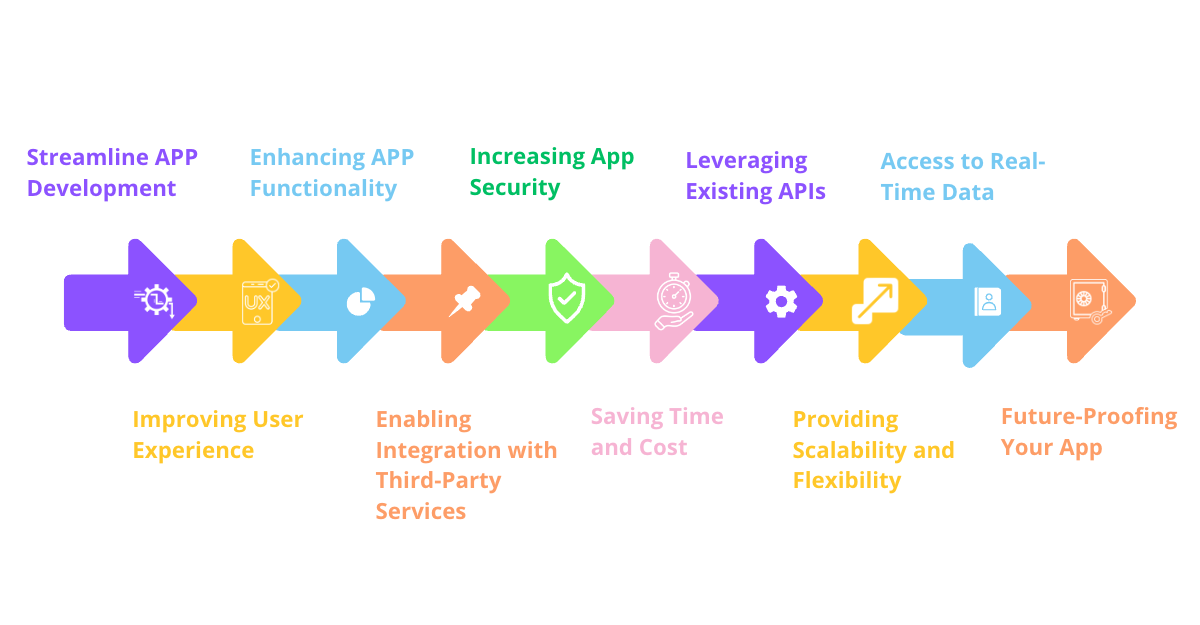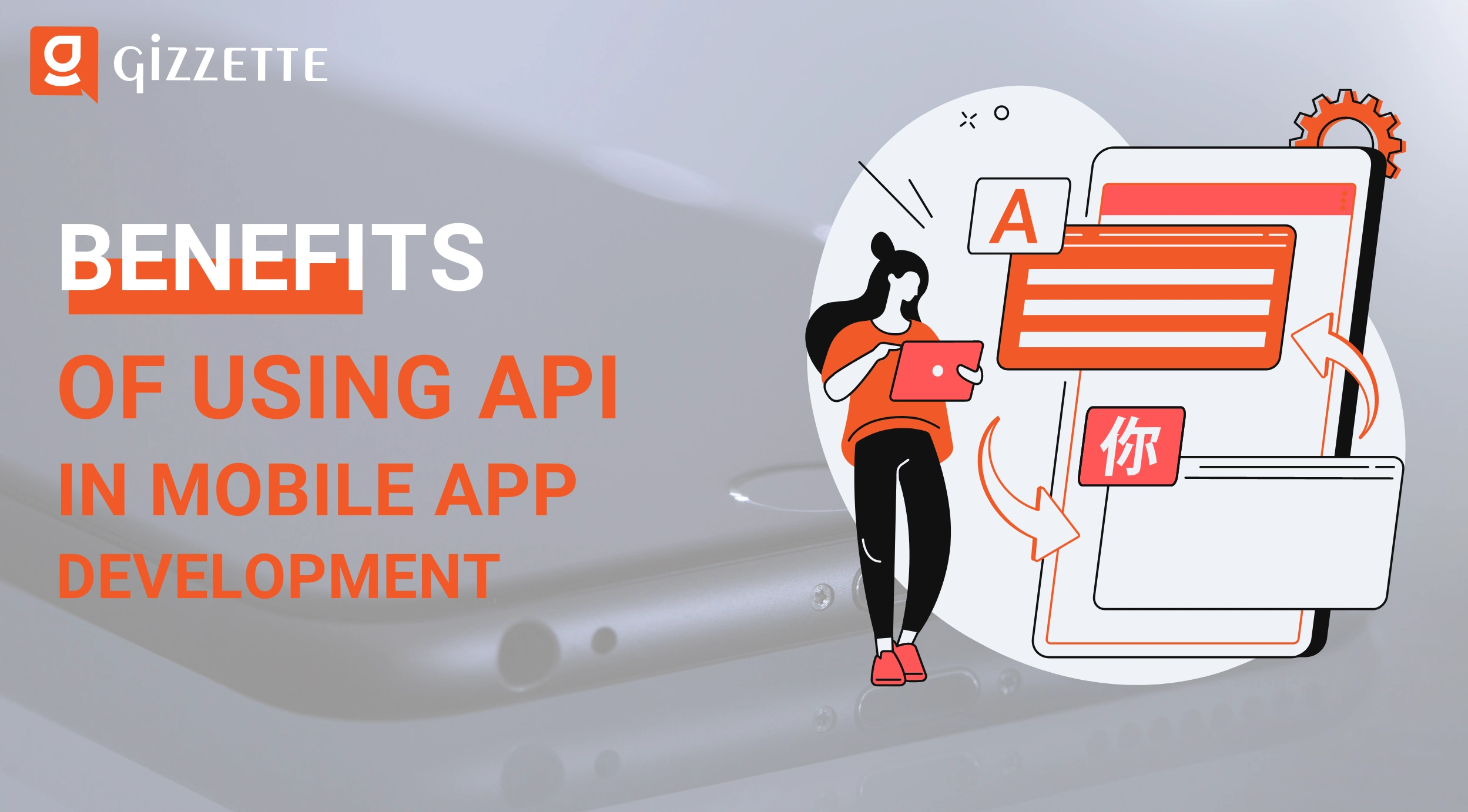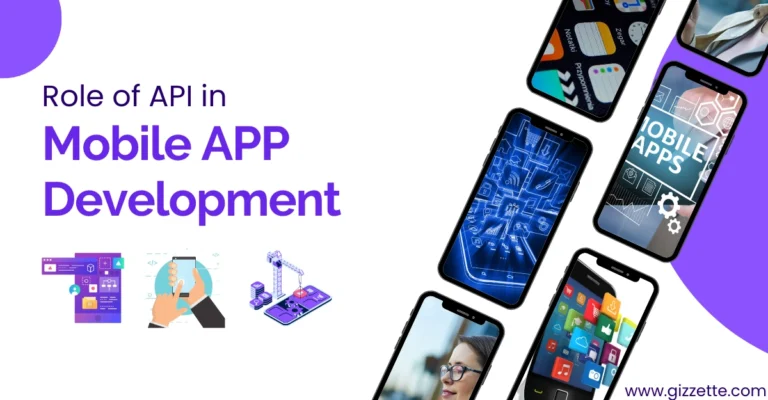Mobile apps have become an essential part of our lives, from ordering food to booking cabs, and even managing finances. With the growing demand for mobile apps, developers are continuously looking for ways to create more innovative and engaging apps. One way to achieve this is by leveraging APIs (Application Programming Interfaces) in mobile app development.
APIs provide developers with a set of protocols, routines, and tools for building software applications. They enable developers to integrate different services, systems, and technologies into their apps with ease, reducing development costs, and speeding up time-to-market. APIs can also help developers create cross-platform apps that work seamlessly across different devices and operating systems.
In this blog, we will explore the benefits of using APIs in mobile app development. We will look at how APIs can help developers create more engaging, intuitive, and personalized apps, and how they can improve the overall user experience. We will also examine the different types of APIs available and how developers can leverage them effectively in their app development process. So buckle up, and let’s dive into the world of APIs in mobile app development.

Streamlining App Development
Why crawl when you can fly? Streamlining app development with APIs is like taking a shortcut to the future. Get your dream app faster than you can say “API,” without breaking a sweat. Streamlining app development means spending less time coding, and more time living your life (or bingeing on your favorite TV shows)
Developing a mobile app can be a daunting task, but APIs make it easy-peasy. APIs provide developers with a set of pre-built code blocks that can be used to add new features and functionalities to the app without starting from scratch. So, API reduces the app’s development time, effort, and cost.
Improving User Experience
User experience (UX) is like a first date: you need to make a great first impression if you want to see them again. APIs can help make that first impression memorable. With APIs, you can add personality to your app, like a cool hat on a first date. It’s all about making the user feel at ease and giving them an experience that they will never forget.
In short, user experience (UX) is king. A mobile app with great UX is more likely to succeed than an app with poor UX. APIs let app developers give their users a more interesting and personalized experience. For instance, by incorporating a weather API, an app can provide real-time weather updates and alerts to its users based on their location. This enhances user engagement and experience, and users will keep coming back to your app.
Enhancing App Functionality
With APIs, you can make your app go from a boring one-trick pony to a multi-talented superhero. For example, with the Google Maps API, you can give your app the power to show users the best routes, and nearby locations, and even help them find their lost keys (okay, maybe not the last one, but you get the point). It’s like having a GPS-enabled Swiss Army knife in your pocket.
And that’s not all! With the power of APIs, you can also integrate functionalities like speech recognition, translation, and augmented reality. You can make your app so intelligent that it will understand your users even better than their own parents do. It’s like giving your app a brain transplant, but without the risk of it becoming a supervillain.
Enabling Integration with Third-Party Services
It’s like playing Cupid with two apps! APIs enable mobile apps to connect with third-party services and create an everlasting bond. It’s like introducing your friend to their soulmate, only in this case, it’s your app and the third-party service. By integrating with third-party services, apps can provide users with a seamless experience and add more value to their lives.
Smooth Transaction
Think of it as a party where your app is the host and the third-party service is the guest. They can work together to create a memorable experience for the users. By integrating with services like PayPal, Stripe, or Square, an app can enable users to make secure transactions within the app. It’s like having a personal banker who will always have your back.
Social Media Integration
With APIs, your app can also integrate with social media platforms, cloud storage services, and messaging apps. This enables users to share content, save data, and communicate within the app without switching to another app. Plus, integrating with third-party services also means that your app can reach a wider audience and expand its user base.
So, let your app be the love guru and help users find their perfect match in third-party services. Because when two apps come together, they create something magical!
Increasing App Security
App security is a top priority for any developer. APIs provide added security features such as encryption and authentication, which can help protect user data from hackers. For instance, by integrating with an SMS verification API, an app can ensure that only authorized users can access the app. This increases the app’s security and reduces the risk of data breaches.
Saving Time and Cost
APIs are like a genie in a bottle, they grant wishes for faster and cheaper app development. By using APIs, developers can save time and effort by using pre-built code blocks instead of coding from scratch. This not only saves time but also reduces the overall cost of app development. This means that developers can deliver the app faster and at a lower cost without compromising on quality.
Leveraging Existing APIs
Why reinvent the wheel when you can use an existing API? APIs like Google’s APIs provide a range of functionalities that can be integrated into mobile apps. This saves developers from writing new code and allows them to use pre-built code blocks to build their apps. This not only saves time but also ensures that the app is up-to-date with the latest technologies.
Related: Mobile App Monetization: Tips and Strategies for Success
Providing Scalability and Flexibility
Mobile apps need to be scalable and flexible to meet the changing needs of users. APIs provide developers with the flexibility to add new features and functionalities as per the user’s needs. This ensures that the app stays relevant and meets the changing demands of the users.
Access to Real-Time Data
APIs provide access to real-time data, which can be used to enhance the app’s functionality. For instance, by integrating with a social media API, an app can provide users with real-time updates and notifications about their social media activities. This enhances the user experience and keeps users engaged with the app.
Future-Proofing Your App
The world of technology is constantly evolving, and it is essential to stay up-to-date with the latest trends and technologies. So, future-proof your app with third-party services and APIs. It’s like hiring a personal assistant for your app without having to pay their salary. Your app will be able to adapt to the ever-changing technological landscape, and you’ll be able to focus on what’s really important: creating an app that people love to use.
Related: Best mobile app development tech stack in 2023
Final Thought
Overall, APIs are an important part of making modern mobile apps, and developers who use them well can get an edge in the market. With the growing demand for mobile apps across different industries, it’s essential for developers to stay up-to-date with the latest trends and technologies to create successful apps that meet the needs of their users.
So, start exploring the world of APIs, and see how they can transform your mobile app development process.





Leave a Comment